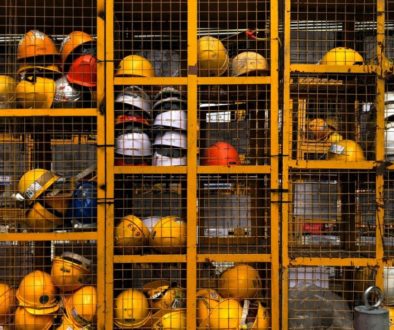The importance of trust
A project on Human Factors looked at pilot mental health with a focus on support systems offered by airlines. I pilots in Europe, North America and the Middle East were surveyed, and one of the questions asked was:
‘I feel confident that the emotional support system offered by my organisation is confidential and that my utilising it would not impact my position with the company.’
The majority (56%) of the respondents indicated that they disagreed or strongly disagreed. It may be argued that this finding in an area which should be cloaked in confidentiality highlights an underlying lack of trust inside our industry worldwide. So why does that matter?
Because trust and just culture are fundamental pillars in fostering a positive safety culture, and neither can function without the other!
Trust forms the foundation for open communication, collaboration, and accountability. When trust is present, employees feel empowered to speak up about safety concerns and actively engage in safety initiatives. In addition, trust fosters an environment where individuals believe in the collective commitment to safety, leading to increased transparency, effective risk mitigation, and a proactive approach to preventing accidents.
A just culture builds on trust and emphasises fairness, accountability, and learning from mistakes. It recognises that errors and incidents are often, though not always, the result of system failures rather than individual negligence. In a just culture, individuals are encouraged to report incidents without fear of retribution, knowing their focus should be on improving safety rather than facing punitive measures, allowing for the thorough investigation of incidents, identification of root causes, and implementation of corrective actions to prevent similar occurrences in the future.
If we take a broader view and look at the aviation system as a whole, then to successfully cultivate and maintain a positive safety culture, we need to:
1️⃣ Foster an environment where trust is nurtured among all aviation stakeholders, including pilots, air traffic controllers, maintenance personnel, and management. Leaders must consistently demonstrate their commitment to safety, communicate the importance of a just culture, and ensure that their organisation’s practices align with these principles.
2️⃣ In doing so, create an organisational culture that encourages and supports reporting of incidents and mistakes without fear of retribution by emphasising learning and improvement rather than blame and punishment.
3️⃣ Encourage a culture of continuous development by actively seeking feedback, conducting safety assessments, and implementing necessary changes.
4️⃣ Ensure all employees understand their roles and responsibilities in maintaining safety, the importance of just culture, and that they have the necessary knowledge to make informed decisions in challenging situations.



